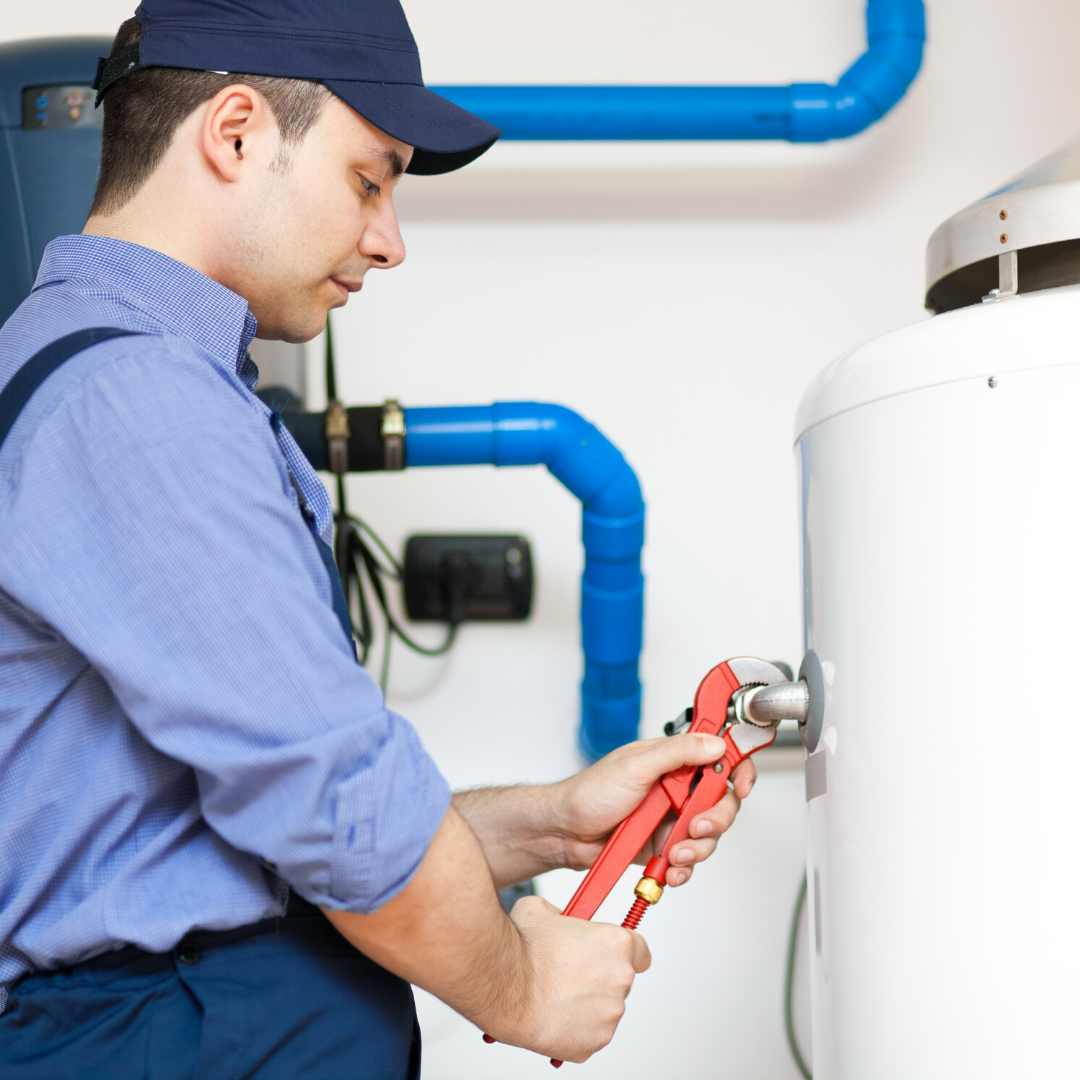Managing the Standard Water Heater Crisis Scenarios
Managing the Standard Water Heater Crisis Scenarios
Blog Article
This post following next in relation to Common Hot Water Heater Problems is truly engaging. Read it yourself and decide what you think of it.

A hot water heater is one of the most important standard home appliances that can be found in a residence. With hot water heater, you do not require to go through the stress of home heating water manually every single time there is a need to wash, do the laundry, or the recipes. Nevertheless, there is always an opportunity that your water heater would certainly act up just like most mechanical devices.
It is necessary to note any type of little malfunction as well as tackle it quickly prior to points get out of hand. The majority of times, your water heater begins to malfunction when there is a build-up of debris as a result of continuous use. As a preventative measure, periodic flushing of your water heater is suggested to stop sediment accumulation and avoid practical failing.
Common hot water heater emergency situations and exactly how to deal with them
Insufficient warm water
Dealing with an inadequate supply of hot water can be irritating. It might be that the water heater can't sustain the warm water need for your house. To manage this issue, you might try to change your heating system's temperature level dial as well as wait on a couple of mins. You can ask for the help of an expert plumber if the problem continues. Conversely, you might update your hot water heater to one with a larger capability.
Rising and fall water temperature level.
Your water heating unit can start producing water of various temperatures typically ice hot or chilly hot. There might be a demand to change either the thermostat or the home heating system of your water heating unit.
Leaky hot water heater tank.
In this situation, you need to turn off your water heating unit, enable it to cool down, and also carefully look for the source of the trouble. At times, all you need to do is to tighten up a few screws or pipeline links in situations of small leaks. If this doesn't work and also the leakage continues, you could need to use the services of a service technician for a suitable substitute.
Discolored or stinky water
When this occurs, you require to understand if the problem is from the water or the storage tank source. If there is no amusing smell when you run cold water, then you are certain that it is your water heater that is damaged. The stinky water can be caused by corrosion or the buildup of germs or debris in the water heater tank.
Final thought
Some homeowners overlook little warning and also minor faults in their water heater system. This only results in further damages and a possible full break down of your device. You must deal with your water heater faults as soon as they come near prevent more costs and unnecessary emergency troubles.
With water heating systems, you don't require to go through the anxiety of heating water manually every time there is a requirement to take a bath, do the laundry, or the meals. It might be that the water heater can not sustain the hot water need for your house. Your water heating system can begin producing water of different temperatures typically ice cool or hot warm. If there is no funny scent when you run cold water, after that you are specific that it is your water heating system that is defective. The odiferous water can be triggered by corrosion or the build-up of bacteria or debris in the water heater storage tank.
Common Water Heater Issues and What You Should Do
What Type of Water Heater Do You Have?
Before we begin it’s first important that you identify the type of water heater you have on your property. There are two main types of water heaters out there: conventional and high efficiency.
Both of these types of products typically use either gas or electricity to heat power. There are also solar water heaters that use a thermal collector on the roof or yard to heat the water.
While these models are not as common, they can cut heating costs in half. In this article, we will focus on conventional and high efficiency.
How Do My Electric and Gas Water Heater Work?
Though they look similar, electric and gas water heaters work very differently. It’s important to know their basic function because often problems can be specific to the heating source.
In the electric model, a thermostat on the side of the machine detects the temperature of the water in the tank. When the temperature needs to rise electricity flows to a heating element suspended in the water.
Gas models also use a thermostat device — typically with a mercury sensor at the tip and an additional sensor called a thermocouple. The thermocouple detects whether the pilot light is on and controls the flow of gas.
When the thermostat drops below the appropriate level gas is released which becomes ignited by the pilot light. The flame heats the bottom of the water tank which causes hot water to rise and cold water to drop.
This natural circulation continues until the water reaches the desired temperature. Then, the thermostat triggers the gas control valve to shut off the flow of gas.
What Are the Most Common Issues and How Do You Fix Them?
https://happyhiller.com/blog/common-water-heater-issues-and-what-you-should-do/

We were made aware of that editorial about The Importance of Water Heater Maintenance from an acquaintance on our other web page. Feel free to set aside a second to share this blog if you liked it. Many thanks for going through it.
Stay calm, contact! Report this page